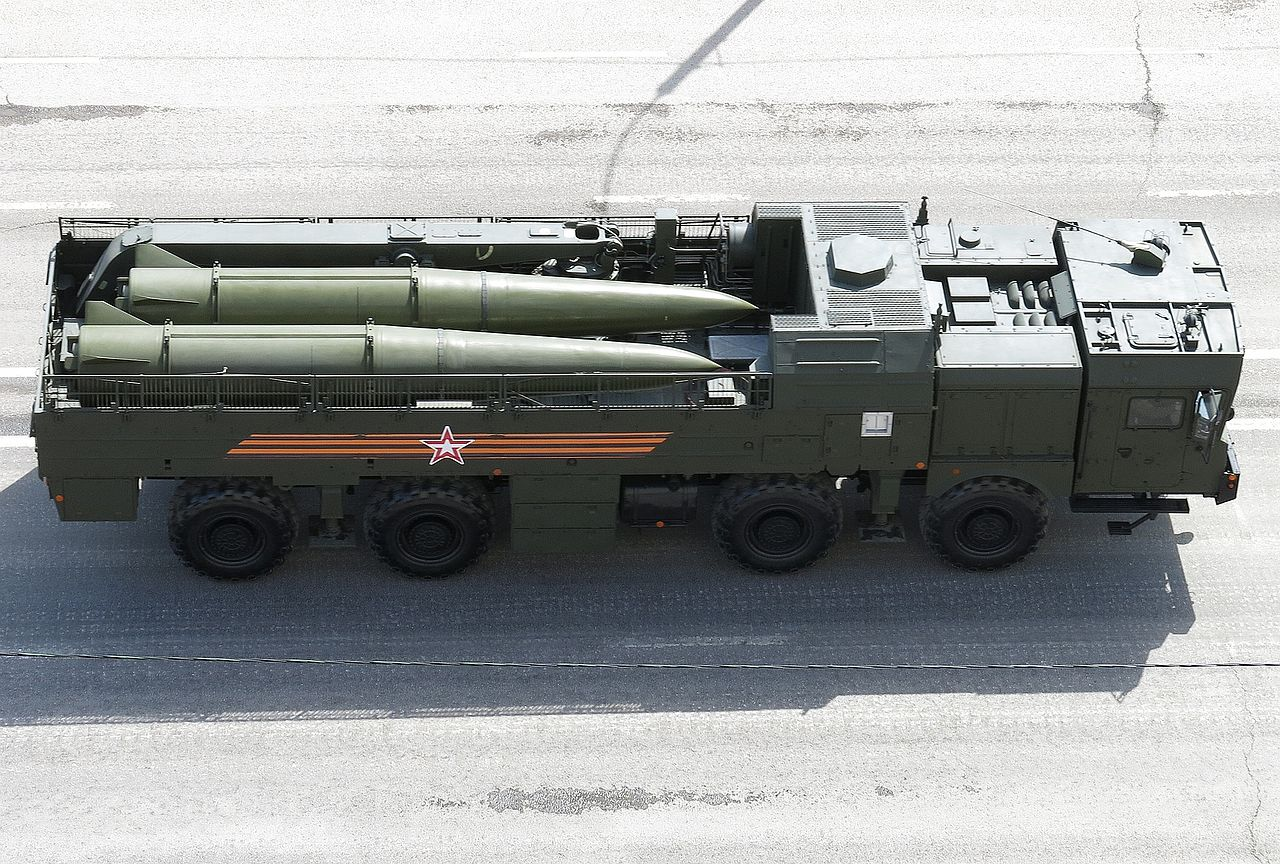The regime is betting on an alternative Eurasian security architecture compared to the West
 The situation has not changed
The situation has not changed

Official Minsk is eagerly awaiting the expected end of the Russian-Ukrainian war and is preparing to play a significant role in the new regional security framework that will emerge as a result. It’s evident from the Belarusian regime’s actions that they believe the West will tire of its confrontation with Russia, Ukraine will face defeat, and things will return to the way they were before the crisis.
A conference titled “Eurasian Security: Reality and Prospects in a Transforming World” recently took place in Minsk as part of Belarus’s role in the CSTO. This conference served as another event for spreading propaganda, where Minsk and the Kremlin shared their vision for a different security framework for the region.
Foreign Minister Siarhei Aleinik expressed disappointment, noting that European security issues had previously been discussed in a similar format at the Minsk dialogue platform, with the aim of finding a security solution that works for everyone. However, the desired outcomes were not achieved. The European continent, which endured two world wars, now finds itself once again on the brink of mutual assured destruction in a bloody conflict.
Following the guidance of Russian propaganda, the Belarusian regime points to the NATO-centric security model promoted by the West’s elite as the cause of the current situation. They claim that it’s this approach from the Western bloc that has prevented the OSCE from becoming a structure capable of contributing to the creation of a common security space stretching from Vancouver to Vladivostok.
In this context, official Minsk believes that the West’s dominance is becoming obsolete, making way for multipolarity and polycentricity. Specifically, countries in Eurasia, with legitimate security concerns, are encouraged to strengthen existing international organizations and establish new ones, such as the EAEU, SCO, BRICS, CSTO, and CICA.
As a result, Minsk aims to unite those who understand that the future lies in closer connections within Eurasia, supported by a unified security system, sustainable economic relationships, energy and transportation corridors, and principles of security and peaceful coexistence.
The recipe for constructing a new regional security system, according to Belarus, includes these elements:
- Development by Eurasian countries and states of the Global South and East (Global Majority) of a “Charter of Diversity for the 21st Century,” which outlines principles for establishing a just world order based on the diversity of civilizations. Western countries might also participate in this process in the future.
- Dialogues among countries in the Eurasian region, involving all forms of interstate communication, including international organization platforms and integration associations.
- A significant summit of heads of state from the Eurasian region to discuss the future structure of Eurasian security.
In general, Minsk recognizes that meaningful dialogue with the West regarding regional security is unlikely until the conclusion of the Russian-Ukrainian war. Nonetheless, the Belarusian regime is already working to secure a place for itself in future negotiations.
During the conference, Hungarian Foreign Minister Peter Szijjártó proposed a formula for resolving the conflict. It entails an “immediate cessation of hostilities and the initiation of peaceful negotiations leading to a peaceful resolution.” Furthermore, it involves a “pragmatic dialogue between the West and East,” including the implementation of a trade zone concept extending from Lisbon to Vladivostok. Essentially, this formula aligns with the conditions that Moscow is willing to negotiate under, in order to secure the territories it occupies in Ukraine and persuade the West to partially lift sanctions.
In the minds of Moscow and Minsk, “dialogue between the West and the East” means returning to the state of political and economic ties with the West as they existed before February 24, 2022, and August 8, 2020, respectively. Additionally, it implies the recognition of Russia’s territorial acquisitions in Ukraine, potentially saving face for the Kremlin. Being part of the “Eurasian security architecture” is seen as a means to dissuade the West from exerting further pressure on the Belarusian regime in the future.
Subscribe to our newsletter




Situation in Belarus
Constitutional referendum: main consequences


 Video
Video
How to count the political prisoners: are the new criteria needed?


 Video
Video
Paternalism In Decline, Belarusian Euroscepticism, And The Influence Of Russia


 Video
Video












